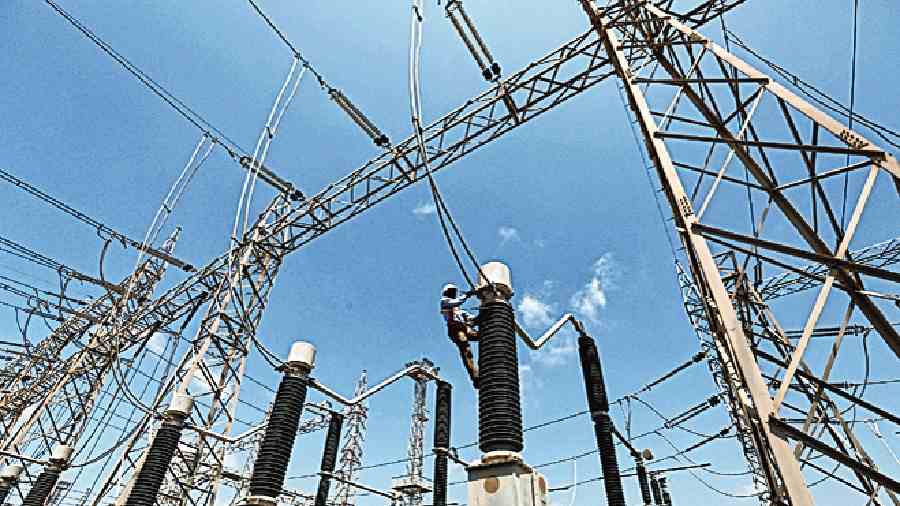India has asked power producers to bill electricity buyers every week to ensure adequate cash flow as costs surge due to higher imports of expensive coal, according to a federal power ministry letter seen by Reuters.
A scorching heatwave and the lowest fuel inventories at power plants in years have forced India to reverse a policy to slash coal imports. The move could put further pressure on power distribution companies that are saddled with debt and already owe huge sums to generators.
Power distribution companies had to ensure payment of at least 15 per cent of the provisional bill to electricity producers within a week, the letter dated May 26 to power generating companies and state and federal energy officials read.
If power distribution companies defaulted, the power producers could sell 15 per cent of their output to electricity exchanges, the letter read.
The ministry was invoking an emergency clause in the federal electricity law to enforce the change in payment mechanism, according to the letter.
Power plants, most of which have long-term agreements with distribution companies to sell electricity at fixed rates, have been allowed to pass on higher costs due to imports.
India's power tariffs, set by the respective states, are among the lowest in the world, as state-run distribution companies have absorbed higher input costs to keep tariffs steady. This has left many of these companies deeply indebted.
The companies' strained balance sheets have consistently triggered delayed payments to power producers, often hurting cash flow and further investment in the electricity generation sector.
If the distribution companies pay on time it would benefit companies including Adani Power, Tata Power, Reliance Power, Jindal Steel and Power, Torrent Power and Sembcorp.
India on Wednesday said it was working on a plan to liquidate financial dues of power distribution companies, adding that the proposal would enable payment of financial dues in instalments.
Previous attempts by different governments to reduce debt levels of distribution companies have had little success.
Higher tariffs
The government directive to generating firms to import coal to meet the shortfall is likely to result in power tariff for consumers going up 50 to 70 paise per unit.
Officials said state-owned NTPC will see its fuel cost go up to Rs 7-8 per unit by importing coal against Rs 2 per unit by buying in the domestic market from Coal India (CIL). This would raise the final tariff of NTPC by 50-70 paise per unit and it will be passed on to electricity consumers.
Due to the Russia-Ukraine war, the imported coal prices have shot up and are about 200 per cent more than the domestic prices.
All India Power Engineers Federation (AIPEF) spokesperson V.K. Gupta said the Centre must now take up the responsibility to import coal on a government-to-government basis and ensure that the imported coal is made available at the prevailing CIL rates.
He warned that “another power crisis may be coming soon if coal stocks at thermal power plants are not ramped up before the monsoon. The coal supply for June has already been reduced by 10-12 per cent by the ministry”.
Additional reporting by Our Delhi Bureau










